WASHINGTON—Last month, the U.S. Treasury Dept. revealed that China sold a record amount of Treasury bonds last December, raising a question over how China—a top hold of U.S. debt—could potentially alter the fortune of the U.S. economy.
Economists are increasingly worried over the nation’s dependency on China to finance its debt, and China’s recent signals that it may be shifting away from the U.S. dollar as a reserve currency. In addition, China is notorious for actively manipulating the value of its currency to sustain wide trade imbalances with developed nations.
“China has pursued mercantilist policies to promote its interests and increase our dependence on their production and their capital … China has emerged from the global recession stronger than ever, expecting its status as America’s banker to convey new political power,” said Michael Wessel in his opening remarks at the U.S.-China Economic and Security Review Commission last month. “The United States government … cannot easily extricate itself from its growing financial dependence on China.”
Wessel’s statement set the general tone for the hearing, but most of the experts who testified took exception to the notion that China is “America’s banker.”
“While the exact amount is not knowable based on publicly available information, a reasonable working assumption would be that China owns close to $1 trillion of U.S. Treasury securities,” testified Dr. Simon Johnson from the Peterson Institute for International Economics.
The $1 trillion figure is larger than the $755.4 billion reported by the U.S. Treasury for Dec. 2009. This discrepancy is due to “the U.S. Treasury data almost certainly [understating] Chinese holdings of our government debt,” Johnson said. China is believed to be purchasing U.S. securities through intermediaries such as through British and Hong Kong banks, said Dr. Derek Scissors from the Heritage Foundation.
Eswar Prasad, economics professor at Cornell University and from Brookings Institution, put the amount higher at $1.32 trillion, or 17 percent of outstanding U.S. net public debt. His number does not include the government-sponsored enterprises (GSEs), such as Fannie Mae or Freddie Mac.
According to Scissors, the exact amount of holdings by China is unknown, largely because its government entity that purchases foreign bonds—the State Administration of Foreign Exchange (SAFE)—has an “aversion to transparency.” Scissors says that SAFE wants to hide the extent to which China is purchasing low-yield American bonds by routing the money through other countries.
Alarmist views
Two divergent perspectives were expressed about the potential harm that China does by making the United States so dependent on China to finance its debt. Some believe that our dependency on China has risen to a national security level.
Daniel Drezner, professor of International Politics at Tufts University, quoted at the hearing Chinese Maj. Gen. Luo Yuan who in retaliation for U.S. arms sales to Taiwan said that China should sanction the U.S. by dumping some Treasury bonds.
Economist Clyde Prestowitz, president of the Economic Strategy Institute, gave a historical example of the power of the creditor taken from Paul Kennedy’s “The Rise and Fall of the Great Powers.” During the 1956 Suez Canal crisis, an angry President Eisenhower threatened to sell U.S. reserves of the British pound if the British did not back off from their plans of canal seizure. If carried through, it would have brought about the collapse of the British currency. That threat ended the seizure.
Calling China’s bluff
Some experts were less in awe of China’s power and, in fact, saw China’s choices as quite constricted. Johnson said the view that China’s large monetary holdings give it economic or political power over the U.S. “is incorrect and completely misunderstands the situation.”
Three scenarios were discussed, all of which lead to acceptable outcomes for the United States. China could reduce purchases of U.S. government securities, discontinue its massive and unfair intervention of the market for renminbi, or sell off the U.S. securities it owns.
For one, China is limited in its options for a reserve currency. “Until the Chinese government is willing to break its dependence on the dollar—which there is not the slightest indication it is willing to do—[it] is compelled to buy American bonds and lacks the flexibility to wield any influence,” Scissors said.
The other restraint is liquidity, market size, and volatility. Few investments are as stable and as liquid as U.S. government debt.
Scissors said that China can’t do anything to hurt us, and instead, the United States should call its bluff. He shared a chart that showed many ups and downs of China’s monthly purchases of U.S. Treasurys as a percent of the federal deficit from Oct. 2008 to Oct. 2009, ranging from above 40 percent to below minus 20 percent—a spread of over 60 percentage points. During that period of extreme fluctuation, the U.S. 30-year fixed mortgage rate held steady and showed almost no change.
Many economists agree that China is guilty of a massive intervention of its currency. Hindery noted, “China’s currency is under valued compared to the dollar (and the euro) by at least 25 percent and up to 40 percent.” The outcome of ceasing its currency manipulation would likely be a depreciation of the dollar. According to experts, even a net depreciation of 20 percent would likely have little effect on inflation, and therefore, would not force the Federal Reserve to increase rates.
Moreover, if China sold Treasurys to undermine the value of the dollar, the dollar depreciation directly reduces the value of China’s foreign holdings and does not, under any circumstances, pose any threat to the United States, Johnson said.
The consensus at the hearing was that China is a currency manipulator and should be so labeled by the U.S. Treasury in its April 15 report to Congress. “China’s threat to react by selling Treasurys is … at worst a bluff [and] … should be called,” Johnson said.
A massive sell-off by China of U.S. Treasurys—the threat of Chinese Maj. Gen. Luo—could lead to dollar depreciation, which would produce little effect on U.S. monetary policy, experts said.
Some experts, such as Prasad, take a middle position. He argued that China selling off a “large portion of their reserves out of U.S. government paper is not just bluster.” He sees too that the costs to China for such a shift as being “overstated in popular discussions.”



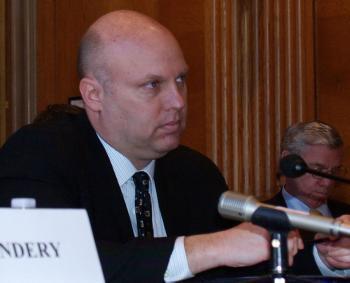
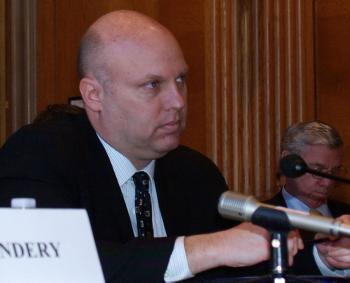
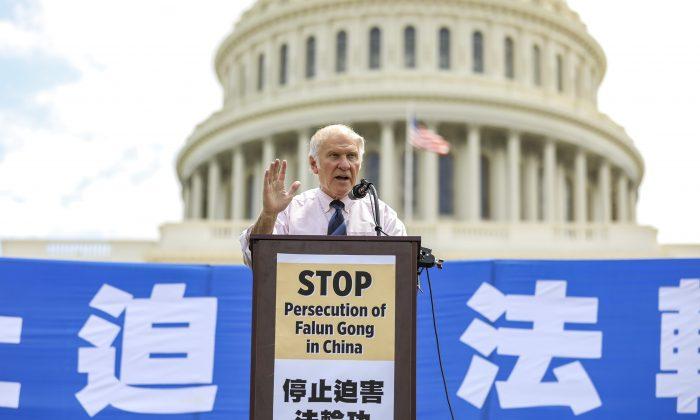
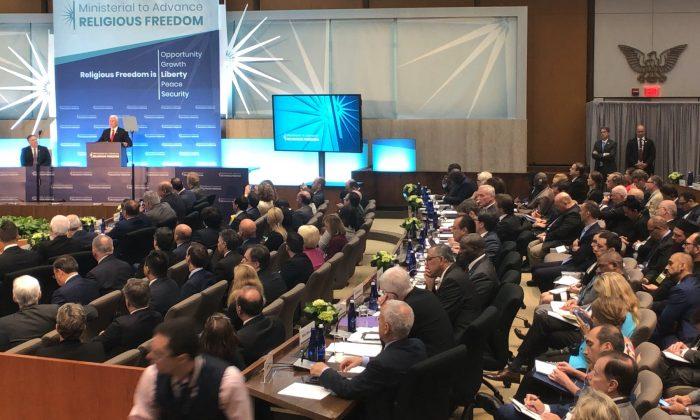
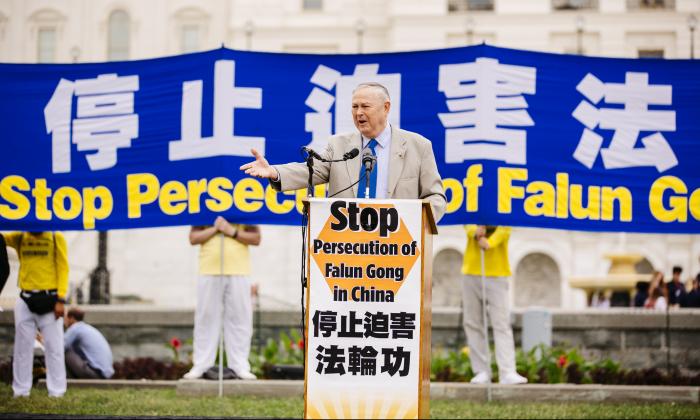

Friends Read Free